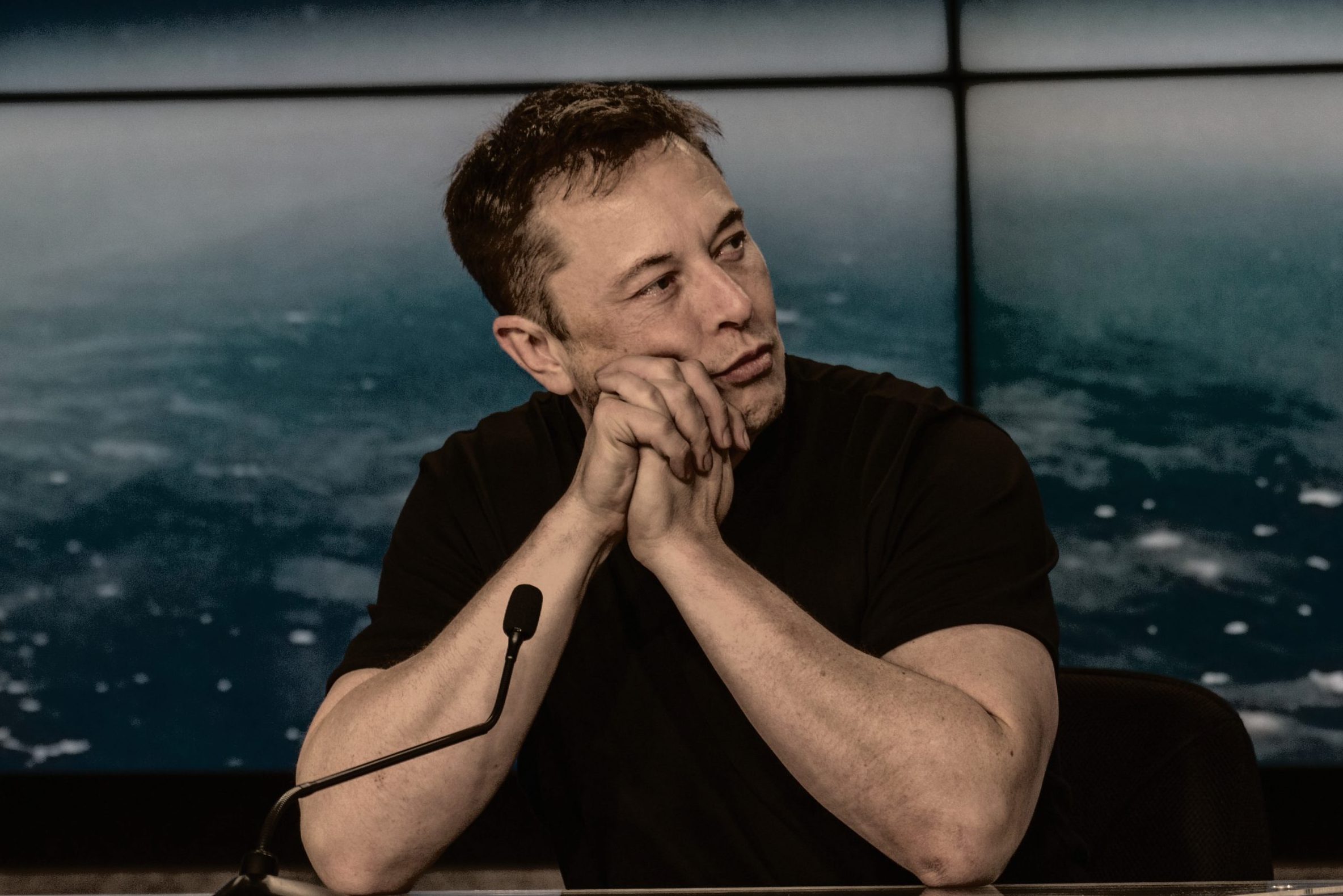Picture credit: Daniel Oberhaus (2018)
Only in autocratic regimes are billionaires persecuted. Not long ago tech billionaire CEO Jack Ma disappeared for 3 months after openly criticising the Chinese Government’s regulations on the financial system. This is not the worst that could have happened to Jack Ma – at least 72 of the country’s billionaires had died prematurely years prior to his disappearance. In Russia, if not assassination, it was seizure of assets and imprisonment that followed for Mikhail Khodorkovsky after opposing Vladimir Putin’s assault on the free press. Authoritarian regimes’ tight grip on economic elites is far from paranoia – dictators understand that billionaires can be powerful advocates of pluralism.
Yet, some western progressive leaders choose to go down a dangerous route by calling for the ‘abolishment’ of billionaires, claiming their existence to be a ‘policy failure.’ This couldn’t be further from the truth. In fact, every billionaire is a policy success for freedom and democracy. The argument for super wealth is comparable to the argument for private property – diffusion of power in society. Liberal democracies in England, France and the United States were largely conceived thanks to the emergence of a property-owning bourgeoisie with enough economic power to advocate for a capitalist democracy. Because the concepts that underpin free society are fundamental for free markets – transparency, open competition and rule of law – business leaders tend to lead the way for more accountable governments. As our states expand the reach of their powers – from antiterrorism restrictions to the regulation of the shape of phone chargers – a new class of powerful bourgeoisie is necessary to keep governments accountable to preserve open markets and thus our wider civil liberties.
The Battle for Twitter
Billionaires are best placed to take on this role because they have the ‘largest megaphones.’ Elon Musk’s acquisition of Twitter serves as the perfect case study. Musk’s plan to make Twitter an open platform for all kinds of speech and press would extend the protections of the 1st Amendment into the private sector. And while some cite concerns over the spread of misinformation, the move remains a powerful statement in support of freedom of speech and sparks an important debate for modern democracies: who should decide whether or not we ought to regulate the flow of information in the digital space, and if so, to what extent, using which mechanisms and to which aims it should be done?
Twitter’s new speech-for-all rule would be in direct contradiction with the EU’s new Digital Services Act which aims to crack down on ‘disinformation’, ‘cyber violence’ as well as information or statements that are deemed a ‘risk’ to people’s ‘dignity’ or even ‘mental health.’ And while we can all agree that whatever is illegal offline should be illegal online, the consolidated effort by European governments to arbitrate which information is deemed informative or which opinions are deemed safe should be seen as deeply problematic for pluralism. A testament to this development is the “deep and disturbing” decline in media freedom across Europe since 2013, as measured by the World Press Freedom Index. Reporters Without Borders found that all but two EU member states had recorded a decline in their press freedom score from 2013 to 2016. New national and supranational laws such as the Digital Services Act are likely to only exacerbate the problem.
Super Wealth as a Counterbalance to the Super State
Billionaires like Elon Musk can leverage their economic power to disrupt these increasingly authoritarian policies. The first lever is the use of their private digital infrastructures to actively undermine states’ narratives by informing the public aware of their democratic capacity to challenge paternalistic laws. I call this the lever of Visibility. The second lever is the use of their private commercial infrastructures to disrupt governments’ economic objectives through the exportation of labour and the outflow of financial investments. I call this the lever of Markets. The third lever is the use of their private liquid resources to mobilise the masses in advocacy groups to participate in the struggle for legislative change. I call this the lever of Politics.
This is where a disclaimer is warranted. The levers of Visibility, Markets, and Politics can be tools to protect freedom and democracy only when used in an institutional environment of separation of economic and political power. In other words, a coalition between the billionaires and any political parties or governing politicians is only going to exacerbate the problem of freedom deficit. Nevertheless, it is important to remember that economic elites do not have an obligation towards society to not pursue individualistic aims. Political elites, on the other hand, do. Therefore, we need robust democratic institutions of transparency, independence, and separation of powers to ensure politicians are fulfilling their constitutional duties.
The point here is that just as Governments keep Super Wealth accountable by setting labour protection laws, minimum wage requirements, and fair taxation levels, so should Super Wealth keep Governments accountable by insisting on those values that preserve our open markets – freedom of speech, private property, and the rule of law.
If Elon Musk does indeed follow through with his promise to truly open up the world’s public square of ideas, the US Government’s response to it will be telling. Early signs of the Government’s intentions are not comforting – the recent creation of a Department of Homeland Security Disinformation Governance Board tells us that further administrative efforts will be put in place to regulate the flow of information and intellectual property. The protection of our liberties is something that solely pertains to us as individual citizens, however, the presence of those with more resources to fight for these rights and liberties makes it significantly more difficult for them to be taken away. In light of this reality, Musk’s activist acquisition of Twitter should be celebrated.






Great insights!
Seems like Musk is instead trying to stifle free speech and to push democracy towards authoritarianism. Maybe it’s time to revisit this article.